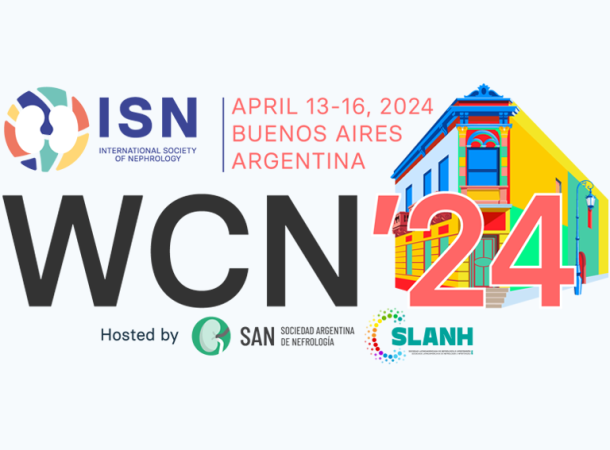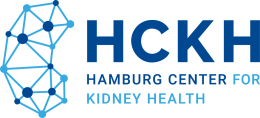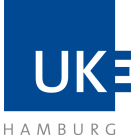-
 Laboratory for systems medicine and inflammation research
Laboratory for systems medicine and inflammation researchMarkus Rinschen
Mission Statement
“Understanding the molecular tissue pathophysiology and metabolism to provide new avenues to treat and intervene with progression of chronic kidney disease”
— Markus Rinschen, MD
Team Members
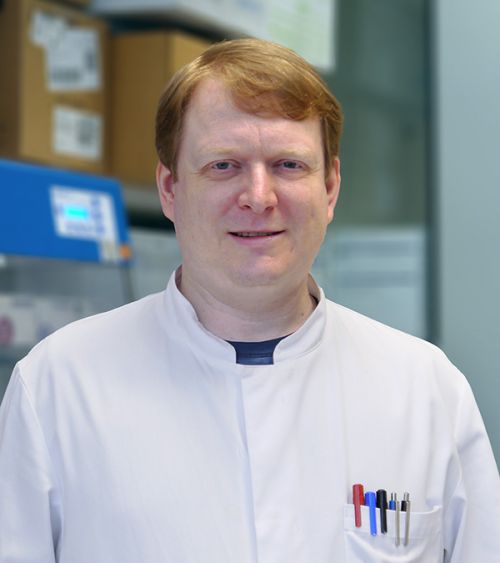
Stefan Gatzemeier
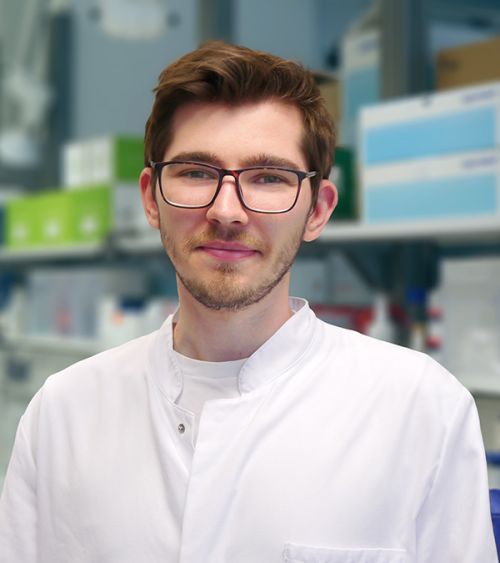
Arvid Hutzfeldt
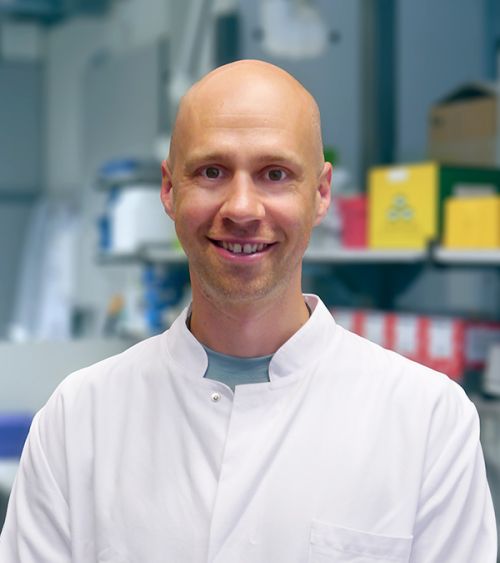
Moritz Lassé, PhD
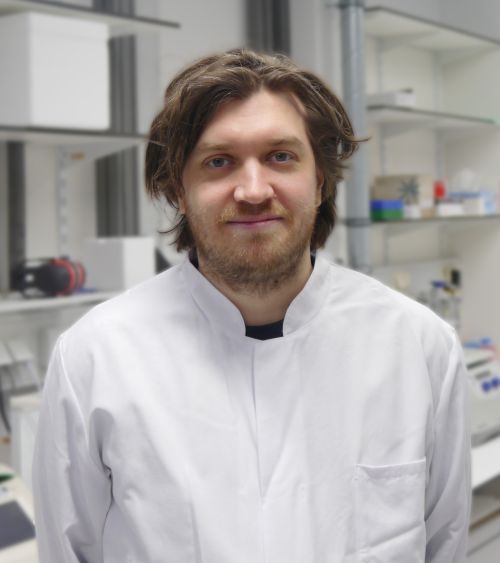
Lars Nilges
Research
Podocyte-specific integrated omic targets. ©Markus Rinschen
The laboratory of kidney omics and metabolism investigates the molecular processes that lead to chronic kidney disease. One out of ten people suffer from chronic kidney disease, an unmet burden to individuals and societies. Common causes are hypertension, diabetes, or genetic or environmental factors. Our key hypothesis is that understanding of molecular tissue pathophysiology and metabolism provides new avenues to treat and intervene with progression of chronic kidney disease. To approach this, we use a wide array of metabolic, mass spectrometric and bioinformatics tools, and integrate and benchmark big data sets with physiological function. Our results have unraveled new approaches and omics-guided targets for kidney disease in mice and men, in particular in the area of glomerular kidney disease.

Markus Rinschen, MD
Systems Medicine and Translational Inflammatory Research
III. Department of Medicine, University Medical Center Hamburg-Eppendorf (UKE)
Martinistr. 52
20246 Hamburg, Germany
CV
|
since 2021
|
Principal Investigator, CRC1192, Project B10 |
|
|
| since 2020 | Associate Professor, Department of Biomedicine, Aarhus, Denmark | ||
| since 2020 | Full Professor, III. Department of Medicine, Hamburg, Germany |
|
2004 - 2011
|
Study of Medicine, WWU Münster |
|
2011 - 2020
|
MD thesis, Internal Medicine D, University Hospital Muenster, Muenster, Germany and NHLBI, NIH, Bethesda, MD, USA. Supervisor: Eberhard Schlatter, PhDKE |
|
2018 - 2020
|
Visiting Investigator, Scripps Research, CA, USA |
|
2011 - 2017
|
Scientist, II. Department of Medicine, Cologne, Germany |
|
2021 - 20230
|
MSCA COFUNDII-Scholarship, Aarhus Institute for Advanced Sciences, Aarhus University, Denmark |
|
2020
|
Physiological Omics New Investigator Award, American Physiological Society (APS) |
|
2020
|
Guyton Award for Excellence in Integrative Physiology or Medicine, APS |
|
2020
|
Novo Nordisk Foundation Young Investigator Award |
|
2018
|
Research Recognition Award for junior faculty, Renal Section, APS |
|
2018
|
Wissenschaftspreis des Industrieclubs Düsseldorf, Germany. Statewide interdisciplinary award for innovative applied research in the area of “life sciences or medicine” |
|
2018
|
Du Bois-Reymond Award, German Physiological Society, with Keynote at europhysiology |
|
2018
|
Carl-Ludwig-Award, German Nephrology |
| 2017 |
Research Recognition Award for meritorious postdoctoral work, APS |
| 2011 | Rainer Greger Award for best MD or PhD thesis, German Society of Nephrology (DGFN) |
Selected publications
1. | Rinschen MM, Harder JL, Carter-Timofte ME, Zanon Rodriguez L, Mirabelli C, Demir F, Kurmasheva N, Ramakrishnan SK, Kunke M, Tan Y, Billing A, Dahlke E, Larionov AA, Bechtel-Walz W, Aukschun U, Grabbe M, Nielsen R, Christensen EI, Kretzler M, Huber TB, Wobus CE, Olagnier D, Siuzdak G, Grahammer F, Theilig F. Sci Signal. 2022 Nov 29;15(762):eabo7940. |
2. | Accelerated lysine metabolism conveys kidney protection in salt-sensitive hypertension. |
3. | Proteome Analysis of Isolated Podocytes Reveals Stress Responses in Glomerular Sclerosis.. |
4. | Identification of bioactive metabolites using activity metabolomics. |
5. | Metabolic rewiring of the hypertensive kidney. |
6. | The proteome microenvironment determines the protective effect of preconditioning in cisplatin-induced acute kidney injury. |
7. | A Multi-layered Quantitative In Vivo Expression Atlas of the Podocyte Unravels Kidney Disease Candidate Genes. |
8. | Single-nephron proteomes connect morphology and function in proteinuric kidney disease. |
9. | The ciliary membrane-associated proteome reveals actin-binding proteins as key components of cilia. |
10. | Transient Antenatal Bartter's Syndrome, and MAGED2 Mutations. |
11. | Quantitative phosphoproteomic analysis reveals vasopressin V2-receptor-dependent signaling pathways in renal collecting duct cells. |
News
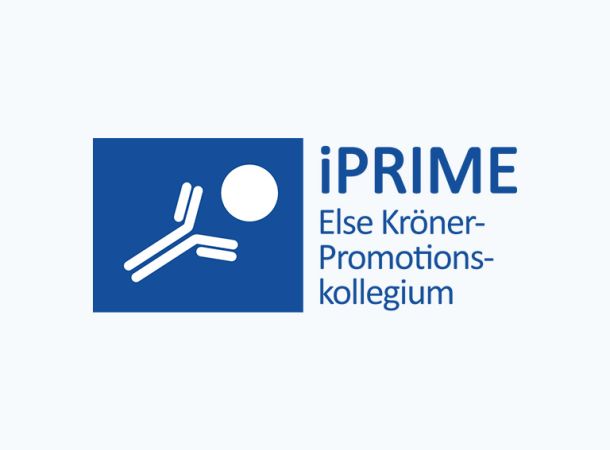
Immune Response to Malaria and Chagas disease
PD Dr. Thomas Jacobs, Bernhard Nocht Institute for Tropical Medicine, „Immune Response to Infection“ ...
Martinistraße 52
Campus Research N27
20246 Hamburg Germany




